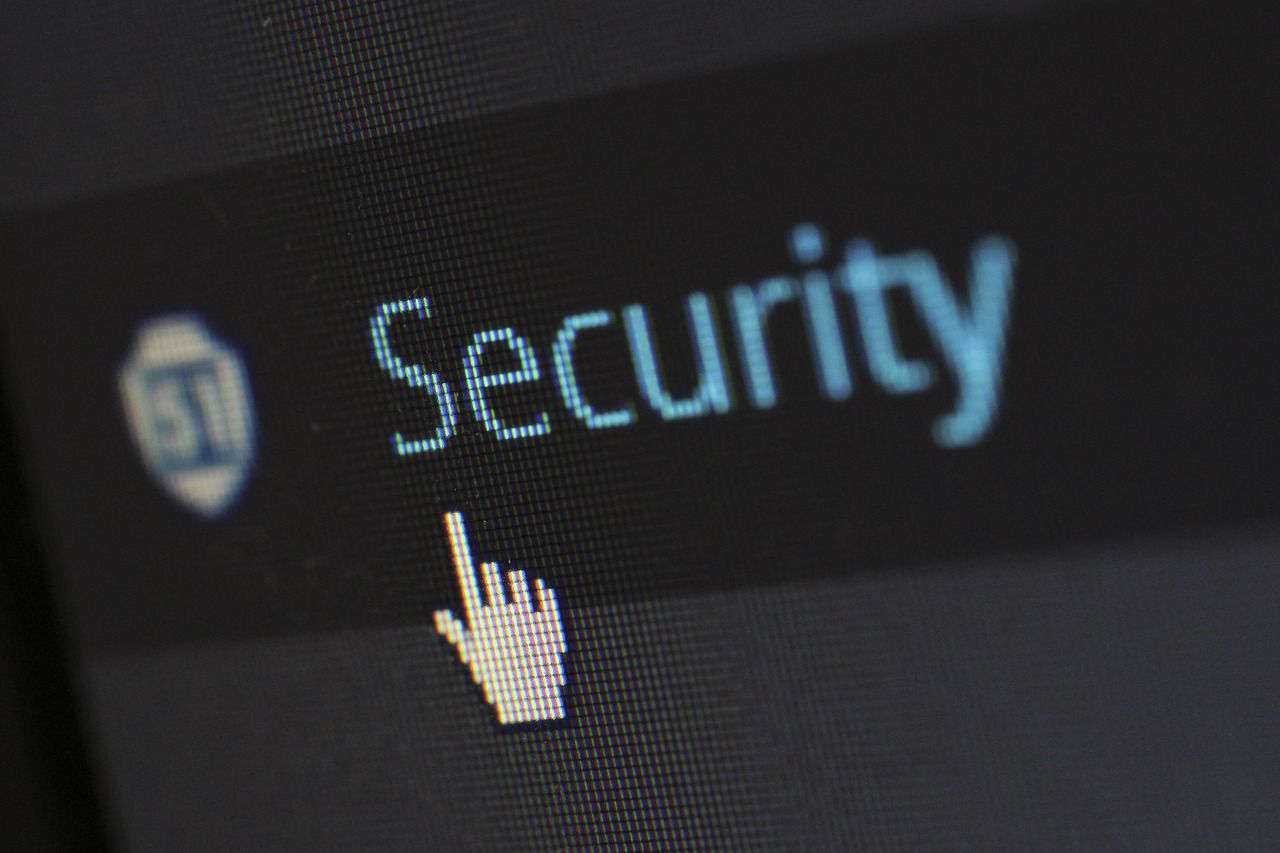
Just like humans can pick up viruses and get sick from it, laptops or any type of computer system can too. Viruses can come in the form of all kinds of “programs”, which contains malware and malicious software. These types of viruses can cause a lot of harm to your computer and can even cause it to crash. This article gives you information on ways to defend your laptop against computer viruses.
Perhaps one of the biggest problems that people experience with viruses on their computer is the fact that they often identify the issues that it causes far too late. Viruses, like malware, thus spread silently throughout your computer. That is why it is essential to have good anti-virus software installed on your laptop, as it will help you detect your laptop against computer viruses faster, and even alert you after a scheduled virus-screening. Viruses are often also referred to as “digital germs”, which again, much like inside a humans’ body, causes harm to the inside of your computer system.
Can you detect a virus on your computer without having anti-virus software locating it for you?
Of course, you can. You can detect viruses by merely checking the speed of your computer and its ability to process data efficiently. If your computer is slow or you notice that any of your programs aren’t running efficiently, then you must act on it immediately.
Computer/Laptop Service Starts at Just 200 Virus Removal Hardware Installation
How to Protect Your Laptop Against Viruses
When you purchase a new laptop, the first thing you need to ensure is that it is protected against viruses or malicious software.
If you’re not a computer expert, there’s no need to worry. You can easily protect your laptop by following four simple habits. Not only will it keep your laptop protected, but it will also improve the quality and speed of programs and the overall functionality of your computer system.
1. Update your computer software regularly
So, perhaps you already have anti-virus software installed on your laptop, but does it still work if it’s not updated regularly?
No, it doesn’t. Although anti-virus software is becoming more and more advanced these days, it still doesn’t mean that it could run by itself all the time, without adult supervision. That is exactly why you need to update it regularly. Outdated anti-virus software is ineffective because technology is always evolving. Each time software and technology get upgraded, there are new viruses designed to alter or destroy it.
Big software companies make a point of updating their software to make it less susceptible to bugs and secure it against hackers as far as they possibly can. Be sure to check how often your anti-virus software requires an update. It’s also essential to ensure that users never forget that trial versions of anti-virus software only last one to three months, which when finished, should be replaced with either another trial version or a licensed anti-virus software.
2. Don’t just click anywhere
It’s important to take note (figuratively), of what you click on every single day, on your computer. It is especially true for those who spend a lot of time surfing the internet, sending emails, or visiting websites that are unsecured.
That’s not all. When you are surfing the net, you could easily run into advertisement banners located on the side of web pages, which claims that you’ve either won something or suggests an opportunity that is inviting to you.
It is thus imperative that you avoid clicking on links. If you check your mailbox, you’ll also find your spam folder filled with hundreds of emails from unidentified users, which is an excellent example of somewhere you should avoid clicking. Avoiding websites that contain pirated content, such as movies, music, gaming software and applications could also prevent your computer from getting a virus. Although it may seem harmless, you never know what type of link is embedded in the software itself.
We’re sure you’ve also heard about email attachments, which is yet another potential risk for accessing an embedded link that could contain a virus. So, don’t open file attachments from people or “companies” you don’t know.
When presented with a new link, always check whether it has an URL shortener, before proceeding to the page it directs you to. The same goes for downloading a file on the internet. It’s one of the most dangerous things one can do, as malicious files can infect your entire computer once it’s downloaded.
3. Take the time to back up your computer
Most laptop users don’t take the time to properly back up their computer, which means that regardless of whether you have anti-virus software on your computer, you are still vulnerable to viruses. It is especially true, as some of your programs could become quite easy to infect, then those that are updated. Besides, a slow computer is like a breeding nest for viruses.
So, always ensure that you have proper backup options set in place. One should at least have three basic backup options, which includes an online backup service, an external hard drive, and cloud storage.
By using a service such as Google Drive, you’ll also be able to ensure that your files remain backed up in the cloud, which allows you to receive 5GB worth of data for free before you are required to pay for it.
External drives, such as a hard drive, is also a great way to protect your files, should you come across a virus on your computer.
4. Strong passwords could save you from viruses
It sounds silly to suggest that you should have passwords that contain 8-16 characters, that includes both uppercase and lowercase letters, numbers and other characters, but it is indeed true.
It could make the biggest difference in protecting your laptop against viruses and unwanted files. Having a strong password, also protects you against hackers, as they can quickly figure out passwords that are simple.
When you use the same password for multiple accounts, such as your Gmail account, your bank account and Facebook, hackers can also easily locate a pattern and access it. If you’re creating a password for a data sensitive account, always ensure that you have multiple user and password combinations for different online login sites.
Fast Tips to Avoid Viruses Today
- Remain aware of fake download buttons and don’t download files unless you’re on a trusted site, have taken the time to check the search bar to ensure the link’s destination is safe. The font of the button must also match the rest of the website.
- Only surf the web in a secure browser, such as Google Chrome, Yahoo and Bing. Ensure that your internet browser is always updated.
- Don’t take calls from tech-support agents that want to sell you virus protection programs or software of any kind over the phone. Not even if Microsoft itself is giving you a call.
- Give public torrent sites a skip. Since the internet contains both public and private torrent sites, we’re sure that you can guess which one is better to avoid. Public torrent sites are illegal and contain countless malware infections.
- Don’t open any email attachments that have been forwarded to you from either an unidentified user or via chain emails. These contain many worms and viruses.
- Download applications and software from developers only.
Computer/Laptop Service Starts at Just 200 Virus Removal Hardware Installation
Conclusion
There is always a solution to every problem. You can get the best service for your laptop against computer viruses from the bro4u app. The professionals will provide the best service for computer virus and solve the problem. You can also visit our website to get the tips on remove spyware and remove popup ads on your computer.










